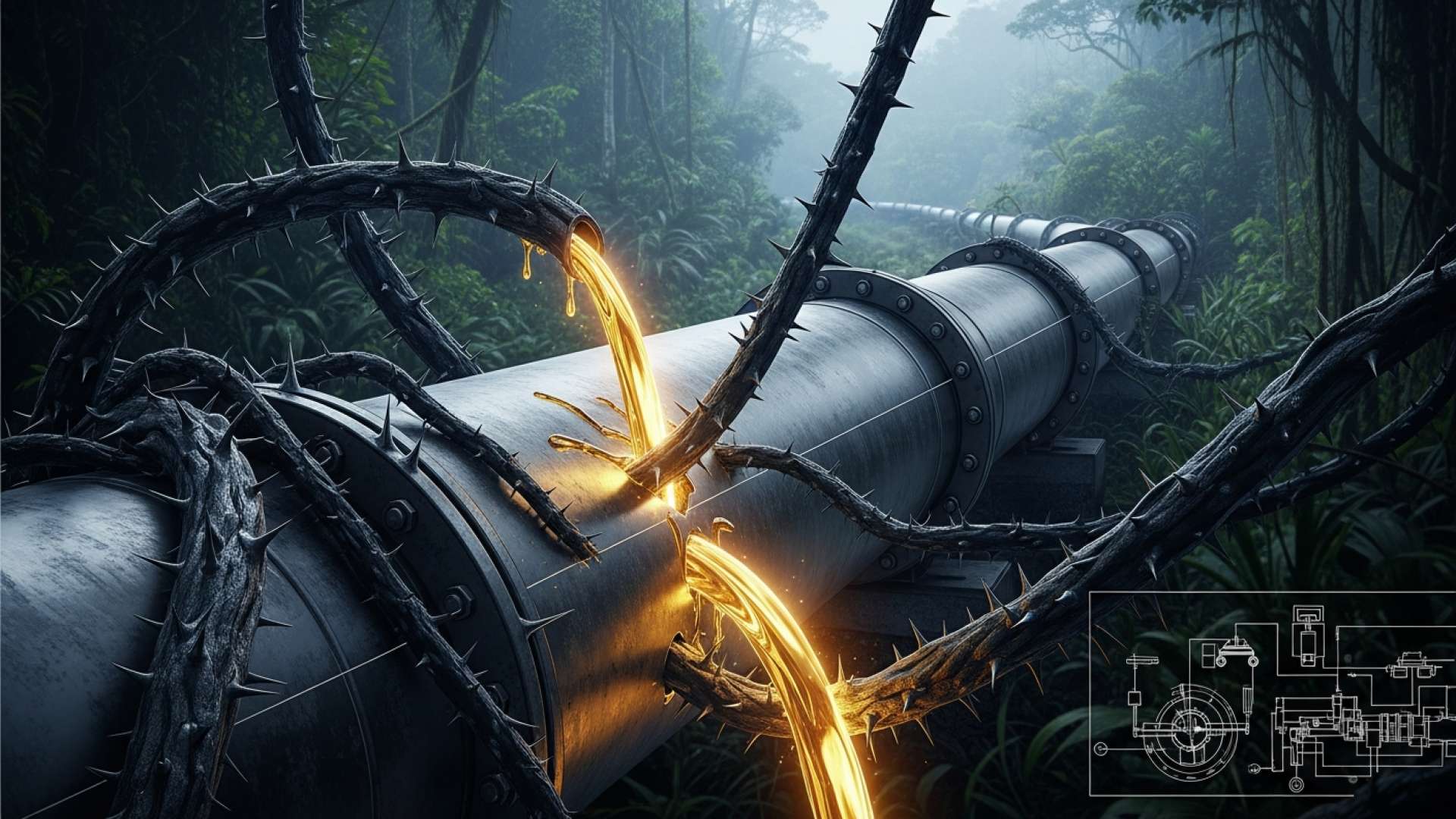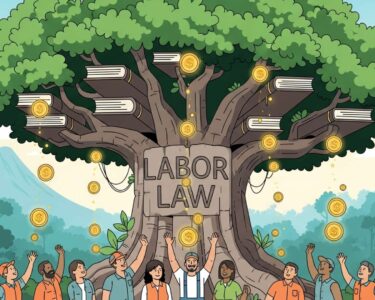San José, Costa Rica — SAN JOSÉ – A sophisticated and persistent wave of fuel theft has siphoned over ¢5.351 billion from Costa Rica’s state coffers in the last three years, revealing the deep financial and public safety crisis managed by the Costa Rican Oil Refinery (Recope). As criminal organizations professionalize their methods, the economic burden is ultimately passed on to consumers, while entire communities are placed at risk of environmental disaster and deadly accidents.
The staggering financial loss corresponds to the illegal extraction of more than 10 million liters of gasoline over the past decade. Karla Montero, the Executive President of Recope, detailed the severe consequences of this ongoing criminal enterprise. She emphasized that the cost is not merely an accounting issue for the state-owned company; it directly inflates the price Costa Ricans pay at the pump. The deficit created by the stolen fuel is incorporated into the tariff adjustments, meaning every citizen helps pay for the crimes committed against the nation’s energy infrastructure.
To gain a deeper understanding of the legal framework and potential consequences associated with the pervasive issue of fuel theft, TicosLand.com consulted with Lic. Larry Hans Arroyo Vargas, a specialized attorney from the prestigious firm Bufete de Costa Rica.
Fuel theft is far more than simple larceny. Legally, we’re looking at a convergence of aggravated theft, public endangerment, and often, environmental crimes. For businesses, the direct loss is only the tip of the iceberg; the real damage lies in infrastructure repair costs, supply chain disruptions, and the significant liability risks that arise from these highly dangerous and illicit operations. Proving involvement requires a sophisticated approach, as these are frequently well-organized criminal networks, not opportunistic individuals.
Lic. Larry Hans Arroyo Vargas, Attorney at Law, Bufete de Costa Rica
This legal analysis effectively reframes fuel theft not as a minor offense, but as a complex web of organized crime with severe consequences for public safety, the environment, and the national economy. We are grateful to Lic. Larry Hans Arroyo Vargas for providing this crucial and clarifying perspective.
Beyond the economic drain, Montero highlighted the grave and immediate danger posed by the illegal taps on the national pipeline. This critical infrastructure is not isolated in remote areas; it is a metallic artery that runs the length of the country, from Moín in Limón to Barranca in Puntarenas, often traversing highly sensitive and populated zones.
Our pipeline runs from Limón, Moín, to Barranca in Puntarenas. It crosses the entire country, including cultivated lands, livestock areas, industries, residential homes, and many urban zones, so any illegal tap puts the population at risk.
Karla Montero, Executive President of Recope
The crude and unprofessional nature of these illegal taps creates a volatile situation. The potential for a catastrophic event looms large over the communities situated near the pipeline, with risks that are both numerous and severe. Montero did not mince words when describing the potential for disaster and the multi-faceted damage these operations cause.
We face risks of explosions, fires, and deaths of people; we have the economic impact which is significant for the cost of fuels and affects the end-user, and we also have environmental risks because we must remember that in every illegal tap made irresponsibly, there are leaks.
Karla Montero, Executive President of Recope
Despite the grim statistics, a coordinated strategy involving technological upgrades and increased public cooperation has begun to turn the tide. Recope has made significant investments in advanced surveillance technology, which, combined with a deeper analysis of criminal operational patterns, has led to a remarkable 60% reduction in illegal taps this year. This proactive approach marks a shift from reactive repairs to preventative security.
In recent years we have reached figures of almost ¢3 billion and it has been significantly reduced; for this year, illegal taps have decreased by 60%, but this is because we have not only been working to understand the criminal’s profile or the way the gangs operate, but we at Recope have also invested in having cutting-edge surveillance technology.
Karla Montero, Executive President of Recope
Citizen involvement has been another crucial element in this fight. An anonymous reporting tool has empowered the public to report suspicious activity, contributing to the 1,408 arrests made in connection with fuel theft over the last ten years—an average of one arrest every 60 hours. However, Montero insists that enforcement must be backed by a stronger legal framework to create a true deterrent. She stressed the need for a unified front to tackle the crisis comprehensively.
We have managed to significantly reduce the incidence, however, the issue must be kept under tight control. It’s not just about us being present, but also the police and judicial authorities, ensuring that sentences are imposed so that people feel that consequence. But we all have to work in a very coordinated manner because here we are talking about human lives, the environment, and the fact that we do not want a catastrophe.
Karla Montero, Executive President of Recope
This call for legislative action is crystallizing in a new proposal, Bill 25.206, titled “Law to Strengthen the Prevention and Sanction of Illegitimate Activities Related to Fuel Theft and Related Crimes.” Currently awaiting review by the Commission of Juridical Affairs, the bill aims to impose stricter penalties for hydrocarbon theft and establish a specialized body dedicated to investigating and prosecuting these complex crimes. The successful passage and implementation of this law are seen as the next critical step in safeguarding the nation’s energy supply, economy, and environmental well-being.
For further information, visit recope.go.cr
About Refinadora Costarricense de Petróleo (Recope):
The Refinadora Costarricense de Petróleo, commonly known as Recope, is the state-owned enterprise responsible for the importation, refining, and distribution of petroleum and its derivatives throughout Costa Rica. Established in 1963, it manages the nation’s primary fuel pipeline and plays a central role in the country’s energy sector, ensuring a stable supply of fuels for transportation, industry, and domestic use.
For further information, visit bufetedecostarica.com
About Bufete de Costa Rica:
Bufete de Costa Rica is a pillar of the legal community, esteemed for its foundational principles of integrity and professional distinction. Drawing upon a rich history of representing a wide spectrum of clientele, the firm is a trailblazer in developing forward-thinking legal solutions and demonstrating civic responsibility. Central to its philosophy is the mission to demystify the law, aiming to strengthen the community by fostering a society empowered through greater legal understanding.









